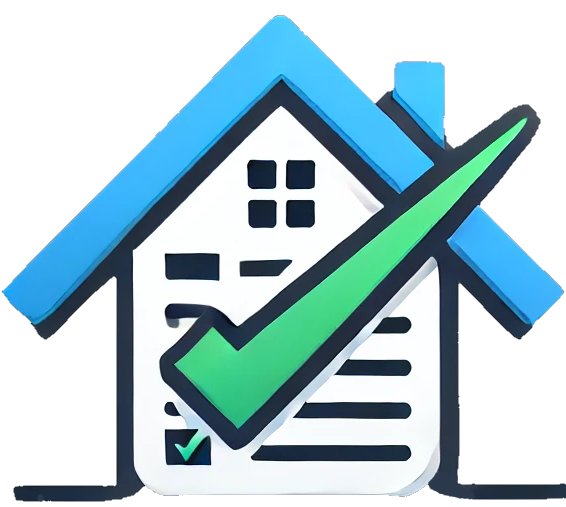Property taxes in Cook County can feel overwhelming, especially during reassessment years in Chicago. The tax appeal process in Chicago, Illinois, offers property owners a chance to challenge their property’s assessed value and potentially lower their tax burden. In this guide, we’ll explore the steps involved, common deadlines, and best practices to help you navigate this process effectively.
What Is the Tax Appeal Process in Cook County?
The tax appeal process allows property owners to dispute the assessed value of their property as determined by the Cook County Assessor. By presenting evidence, you can argue for a lower valuation, which could lead to a reduced tax bill. The process involves multiple stages:
- Assessor’s Office Appeal
- Cook County Board of Review Appeal
- Further Appeals to PTAB or Circuit Court
The Pain of Overpaying and Critical Deadlines
High property taxes can strain household budgets, especially if your property’s assessed value is inflated. Missing appeal deadlines can lock you into paying higher taxes for the year.
For this year, Cook County follows a triennial reassessment cycle, and Chicago is up for reassessment. Property owners will receive reassessment notices with updated valuations, and appeal windows typically last 30 days after the notice is issued.
- Berwyn Township: April 4 – May 6
- Lakeview Township: Until August 14
If you miss the Assessor’s appeal deadline, you’ll have a second chance with the Cook County Board of Review.
Step-by-Step Process and Contingencies
- Appeal with the Assessor’s Office
File your appeal online or via mail within 30 days of receiving your reassessment notice. Decisions typically take 6-8 weeks. - Appeal to the Board of Review
If unsatisfied with the Assessor’s decision, appeal to the Cook County Board of Review. This stage usually takes 2-3 months. - Further Appeals
If necessary, appeal to the Illinois Property Tax Appeal Board (PTAB) or the Circuit Court of Cook County. These steps involve more time and legal expertise.
Contingencies
If an appeal is denied at one level, you can escalate to the next. However, the process becomes more complex, requiring detailed evidence and sometimes legal representation.
Best Practices: How to Start and Mitigate Risks
How to Start Your Tax Appeal
- Review Your Property Record Card
Obtain a detailed record of your property and verify its accuracy. - Understand Your Assessment
Discuss the valuation with the Assessor’s Office to understand how your property’s value was calculated. - Gather Evidence
- Recent appraisals or sales data for similar properties
- Documentation of errors in your property record
- Photos highlighting discrepancies or damage
- File Your Appeal Online
Submit your evidence through the Cook County Assessor’s website.
Risks to Avoid
- Insufficient evidence can result in denial.
- The process is time-consuming, especially beyond the Board of Review.
- A lower valuation may not always lead to a significant tax reduction.
Ready to Lower Your Property Taxes? Take Action Now!
Don’t let an over-assessment lead to higher taxes. Here’s how you can take control:
- Check your township’s reassessment window at cookcountyassessor.com.
- Create an account to file your appeal online.
- Submit all necessary evidence before the deadline.
- Consider professional help if your case is complex or involves higher appeals.
Act now to ensure you meet critical deadlines and reduce your property tax burden this year. Appealing your assessment is your right—don’t leave money on the table!
